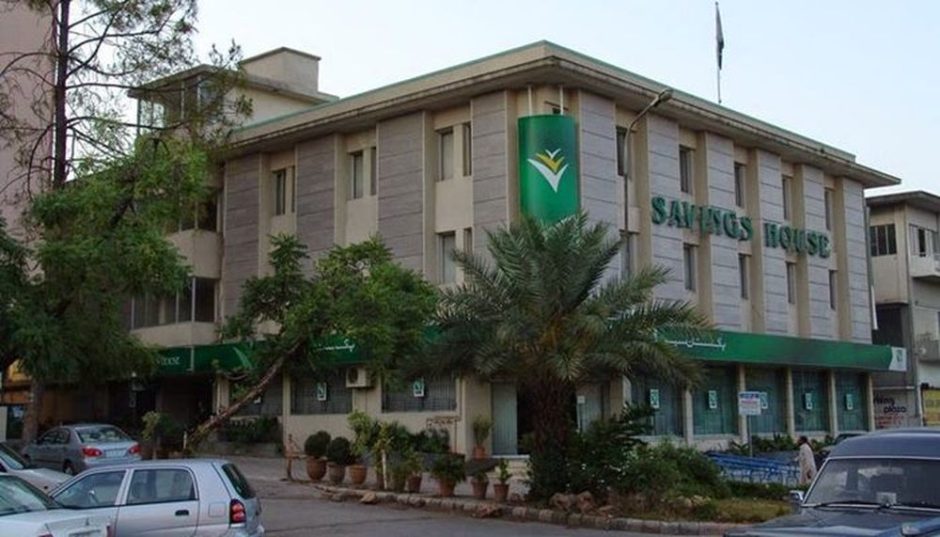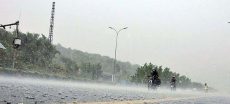ISLAMABAD – The federal government has announced a cut in profit rates on various National Savings Schemes, effective July 28, 2025. The Ministry of Finance issued a formal notification outlining the revised rates across multiple savings instruments.
The reduction affects popular savings products such as Special Savings Certificates and Accounts, Defence Savings Certificates, Regular Income Certificates, Bahbood Savings Certificates, Pensioners’ Benefit Accounts, and Shuhada Family Welfare Accounts.
According to the updated figures, the annual return on Special Savings Certificates has dropped slightly from 10.6% to 10.4%. Meanwhile, the profit rate for Bahbood Savings, Pensioners’ Benefit, and Shuhada Family Welfare Accounts has decreased from 13.20% to 12.96%.
For Defence Savings Certificates, which are long-term investments, returns have also been lowered. The cumulative profit over a nine-year period is now set at 161%, down from the previous 162%. The return for the tenth year has seen a more significant cut, from 204% to 200%.
Short-Term Savings Certificates have also experienced a decrease in their profit margins. However, the standard 9.50% return on Savings Accounts remains unchanged, providing some stability for ordinary account holders.
In contrast to the conventional savings tools, the government has increased returns on Sarwa Islamic Term Accounts and Islamic Savings Accounts. These Shariah-compliant options have become more attractive to savers looking for alternative investment opportunities.
The revised rates reflect the government’s broader economic strategy and align with recent trends in monetary policy. Analysts suggest that as inflation stabilizes and interest rates fall, adjustments to profit rates on state-backed savings schemes become necessary.
These changes are expected to influence the investment behavior of millions of Pakistanis who rely on National Savings instruments for secure, long-term returns.
For more latest updates, check details on Pakistan’s commitment to peace and regional security.











